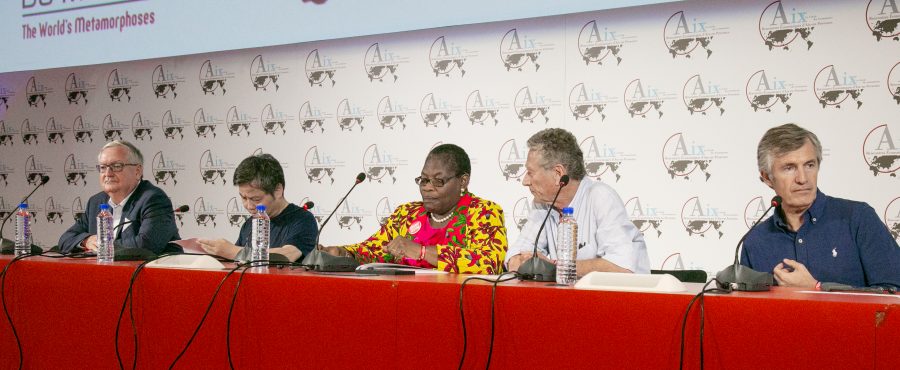6 Jul 2018
Age of Metamorphoses: between Continuity and Rupture

In many areas, it seems that the world is now facing completely new situations not experienced in the past, thus generating prevailing uncertainty. This uncertainty makes it hard to devise policies in reaction to these changes. The following are of particular concern:
- Technological developments (robots, Artificial Intelligence). Will these destroy jobs? Are they not rather changing the structure of employment, through the polarisation of labour markets and the disappearance of intermediary middle-class jobs? Will they create new jobs, as did the industrial revolutions in the past? Will they eventually lead to supplementary productivity and an end to “secular stagnation”? Answers to these questions depend on decisions behind social protection, rising inequalities and redistribution policies: all choices linked with the long-term growth of economies (the generosity of pension schemes, and so on).
Read more
- The extent of finance: the level of debt ratios, the quantity of money supplied by the Central Banks and the size of financial markets. Will the considerable growth in the extent of finance, fostered by expansionist monetary policies, condemn the world to economic cycles dictated by financial crises (correction of excessive leverage, stock price bubbles)? How can we now correct the excessive extent of finance?
- Relations between China, the US and Europe. China and the US seem to want to use the considerable size of their domestic markets to avoid specialising, and to produce all goods and services in their territory, to master all technologies even if this involves a measure of protectionism. Europe has another model: it is open, and has agreed to fall in with the international division of labour; in addition, it has been unable to build up a big domestic market generating global companies in the industries of the future. Lastly, it now seems to be threatened with disintegration, with the rise in power of regionalism and Eurosceptic governments. How can this fragmented Europe resist American or Chinese Internet multinationals, which collect personal data, practise fiscal optimisation and benefit from growing returns to scale? Lastly, how can progress be made in building up a major market?
- The climate issue is obviously new. Today, the World is far from being on a trajectory of Co2 emissions that will meet climate objectives. Does this mean resigning ourselves to the fact that the planet’s temperature is increasing far more than desirable, and must we now protect ourselves against the resulting damage? Should we continue to try to introduce the mechanisms of encouragement that are required to comply with these objectives (single price for Co2)?
- The migration issue is increasingly urgent. Beyond the effect of conflicts, another central problem is that of Africa’s economic future. Through the demographic dividend, will Africa experience strong growth that provides jobs to young Africans? Or, on the contrary, will the problems of governance and inadequate public investment lead to mass unemployment and emigration, particularly to Europe?
Coordination
Moderator
Speakers

Oby EZEKWESILI
Senior Economic Advisor
The Africa Economic Development Policy Initiative (AEDPI)
BiographyContributions
THE WORLD OF FUTURE IS UNPREDICTABLE_ARTUS
























































































